Animals Don’t Necessarily “Hibernate” in Winter
You are probably familiar with hibernation, but what about brumation, torpor, or even diapause?
November 23, 2020
By Kathryn Dudeck, Wildlife Director
When we think of winter in Georgia, shorter days, sleet, light snow, cold rain, and a drop in temperature all usually come to mind. But it’s not just the humans who prepare for the upcoming months; many animals change their behaviors, too. You are probably familiar with hibernation, but what about brumation, torpor, or even diapause?
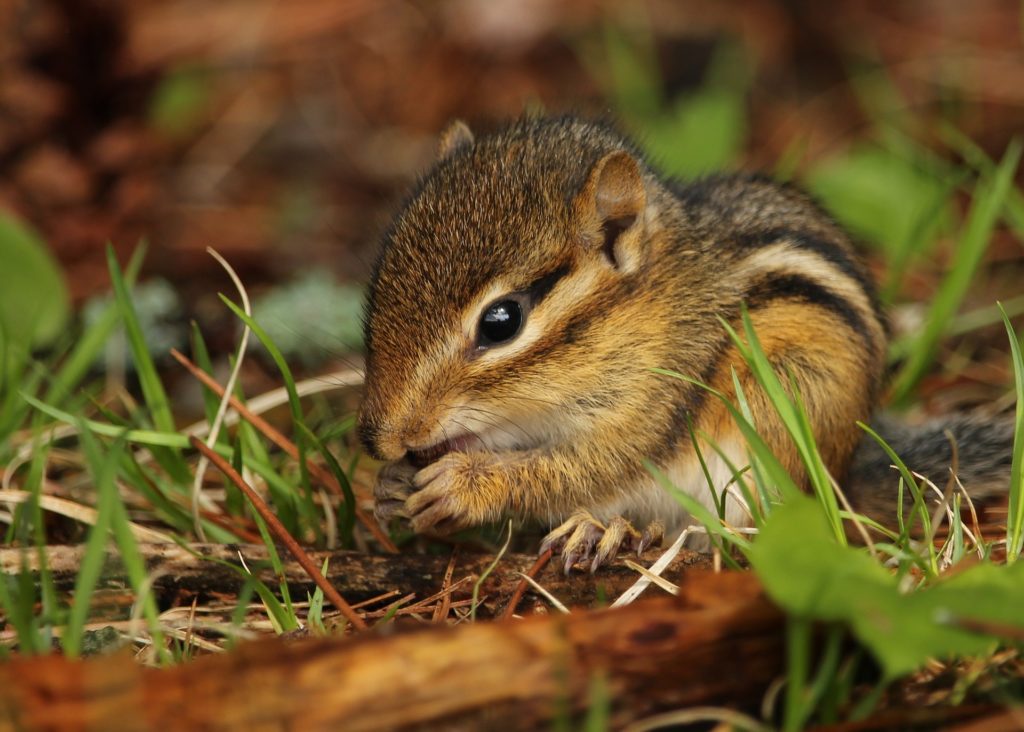
Hibernation is a catch-all term derived from the Latin hibernare, which means “winter quarters.” There are, however, very few species that hibernate in Georgia, with the most common being bats, chipmunks, and groundhogs. Though we often think of hibernating bears, they instead enter a torpor. With true hibernation the animal is so deeply asleep that it rarely wakes up until temperatures warm and days lengthen. Torpor is very similar but is a lighter sleeping state; bears quickly awake if there is potential danger nearby.
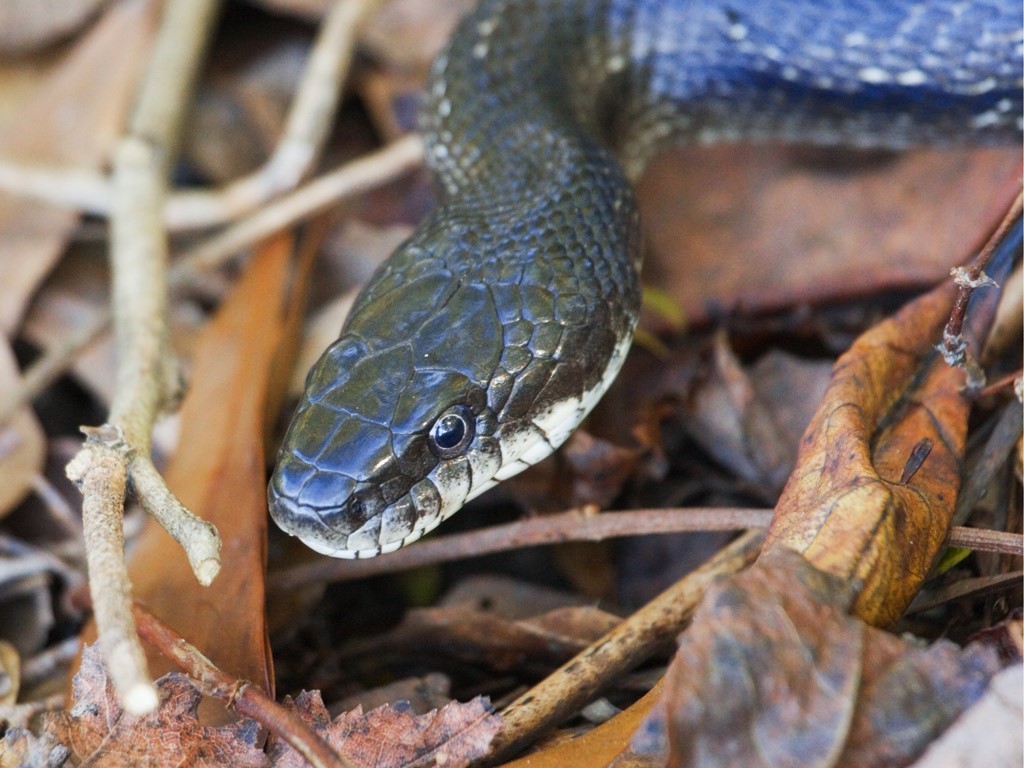
Instead of hibernating like warm-blooded animals, Georgia’s cold-blooded reptiles and amphibians brumate, sometimes written as bromate. These ectothermic animals are dependent on the environment to maintain their body temperatures.
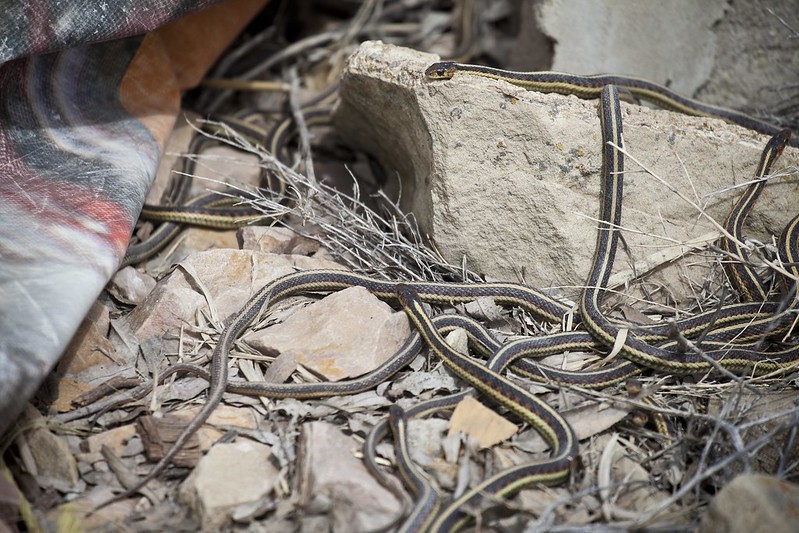
Some animals such as snakes and lizards who live in the higher elevations of the mountains enter a hibernaculum. This could be a cave, rock ledge, or similar spot where multiple species gather, sometimes with over a hundred individuals!
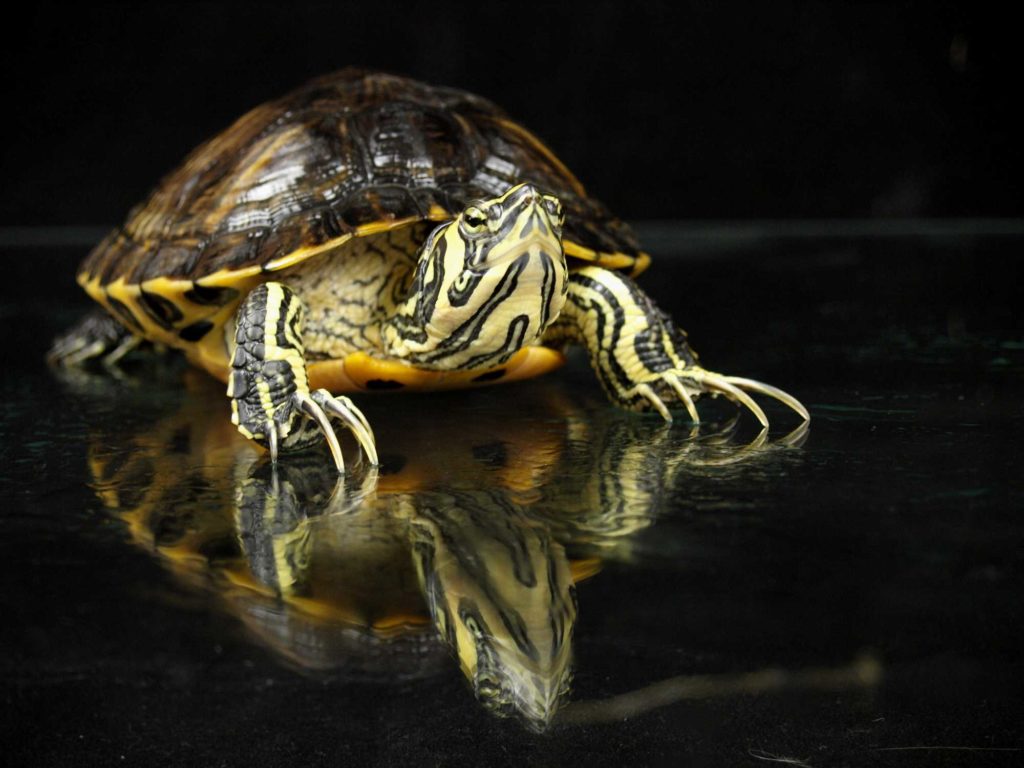
Aquatic turtles will often spend the time in a lethargic state at the bottom of a pond or lake, occasionally slowly crawling or drifting. Eastern box turtles will burrow under fallen logs, into compost piles, or loose, soft soil. Despite what the calendar shows, if temperatures reach the 40s during a sunny day, you may seem some of these critters soaking up some rays and finding a snack to eat.
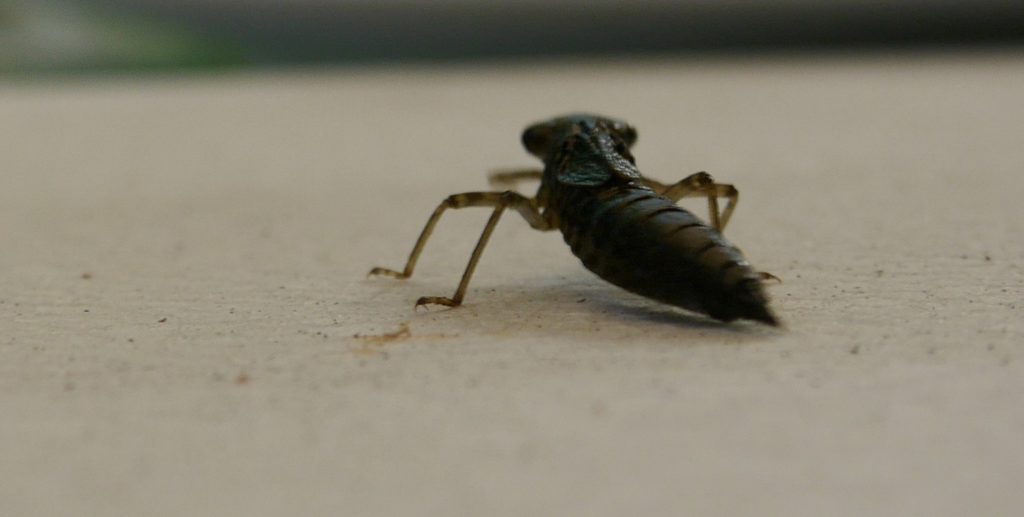
Insects are yet another group that slows down in the winter, but these animals enter diapause. Simply put, it is a state of dormancy and affects all stages of insects, from egg to adult, and the animal will not develop any further until spring. Unlike mammals and reptiles who remain active until the temperatures really begin to drop, insects enter diapause in fall before it becomes too cold for them to function. Another difference is that even if the weather becomes conducive to continuing development, the insect remains in its suspended state until spring. It is common to find insects overwintering under fallen leaves or even in the stems of dead flowers in your yard.
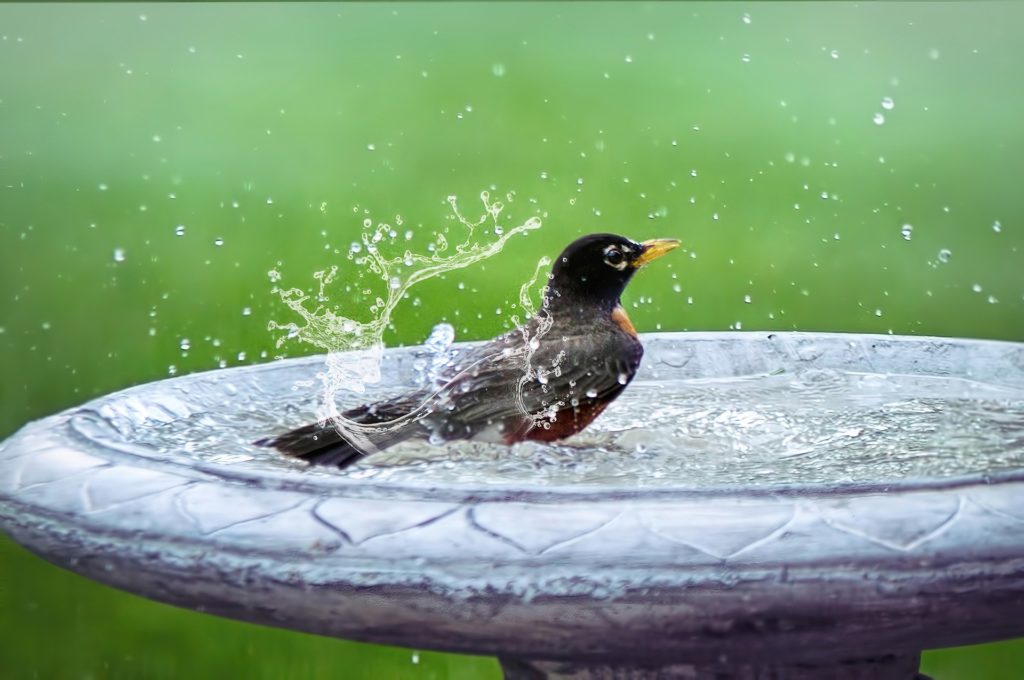
As you’re filling up your bird baths for your feathered visitors, don’t forget to put a saucer of water on the ground for some of the other animals that you don’t expect to see while you’re bundled up. You never know who may show!
